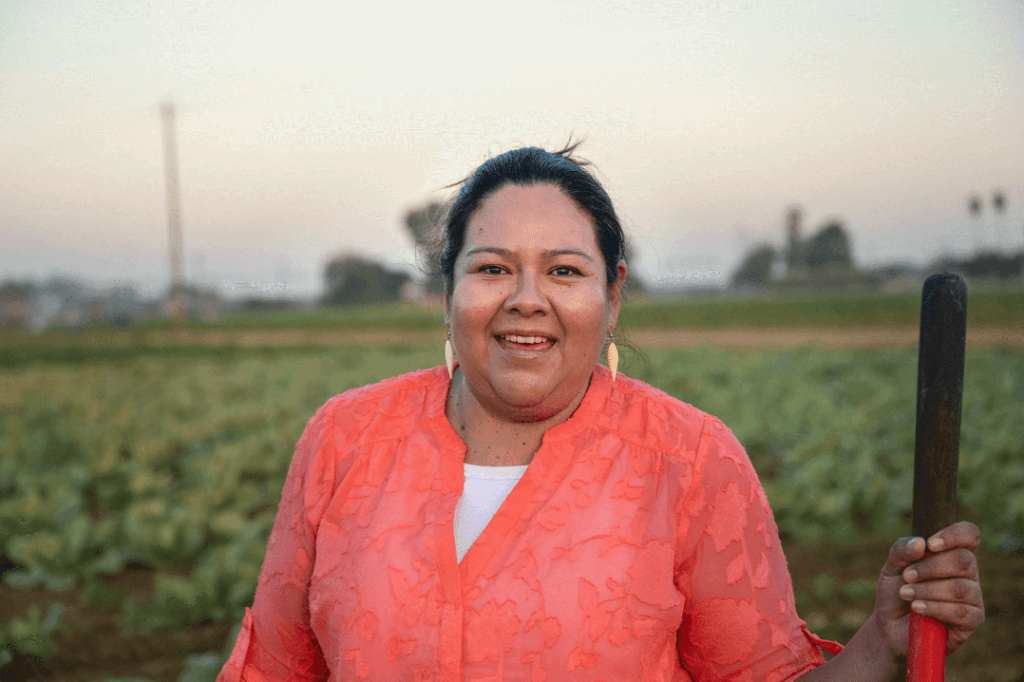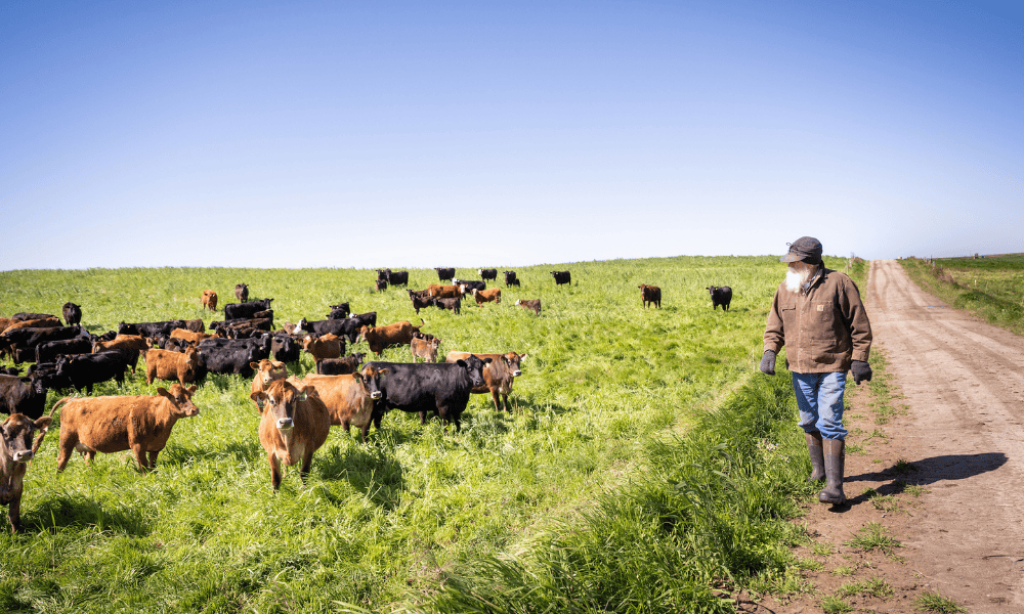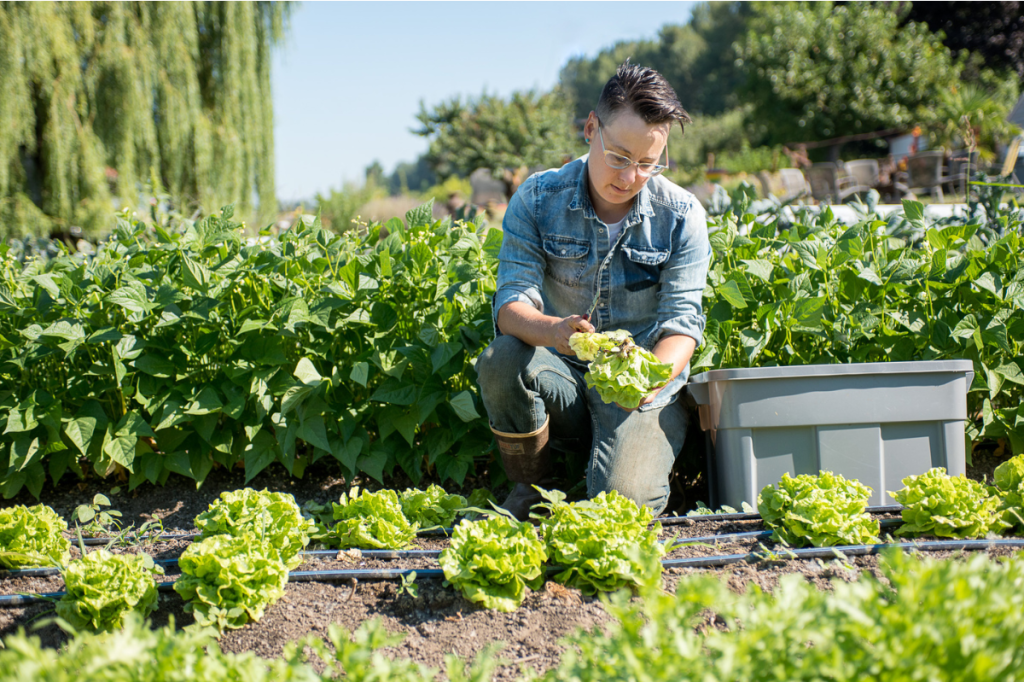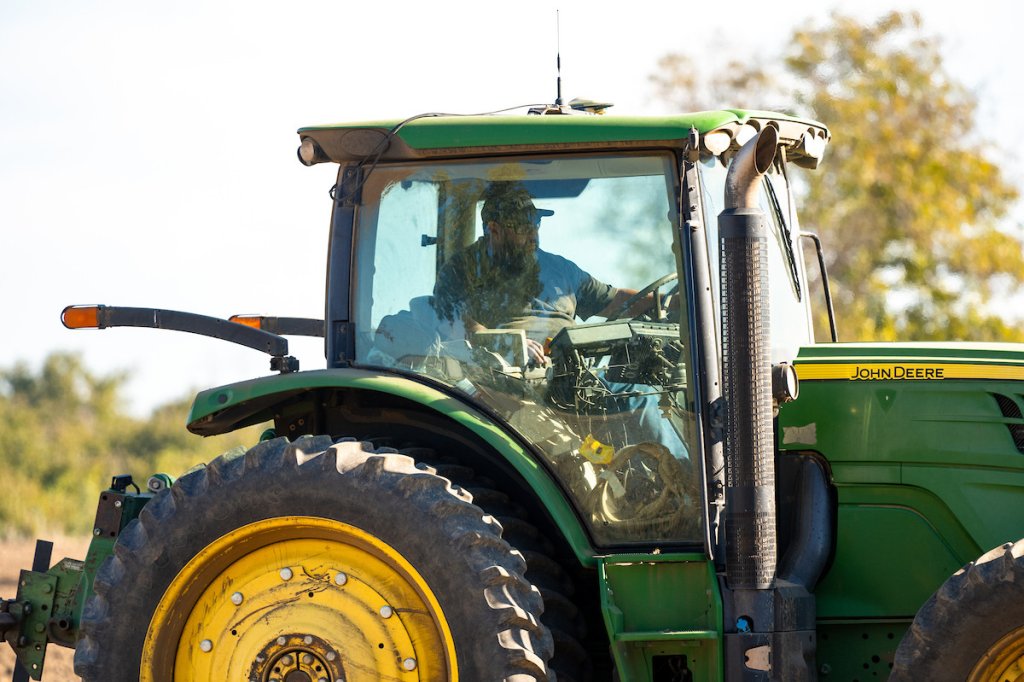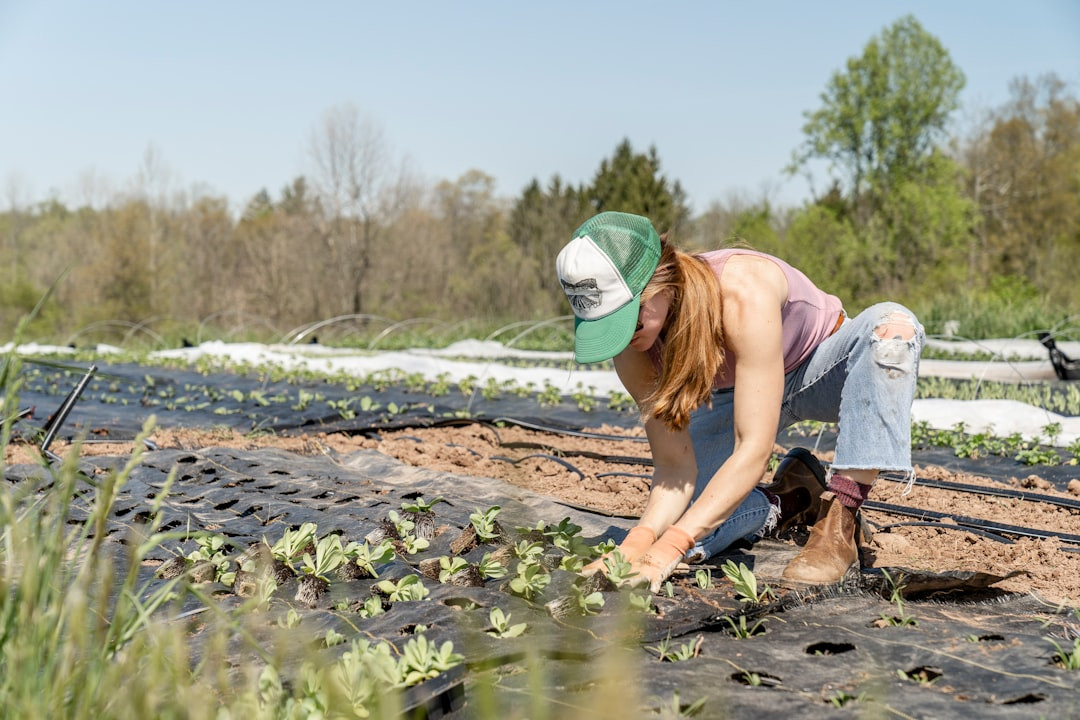American Farmland Trust was founded in 1980 to save America’s farms and ranches.
American Farmland Trust leads the conservation agriculture movement with a mission to save America’s farms and ranches by protecting agricultural land, promoting sound farming practices, and helping farm families stay on the land. AFT takes a holistic approach, recognizing the vital connection between the land itself, the practices employed on that land, and the farmers and ranchers who steward that land. Through on-the-ground projects, objective research, and effective advocacy, AFT addresses major challenges facing farmers and ranchers, positioning farming to serve both economic and environmental goals. The widely recognized No Farms No Food® message AFT crafted highlights the importance of farmland, connecting the food we eat to the farms that grow it.
AFT's efforts have saved millions of acres of farmland from development and supported tens of thousands of farmers in adopting sustainable practices. Despite these successes, the challenges are urgent: every day, 2,000 acres of farmland are lost to non-agricultural uses, many farms continue to lose topsoil at alarming rates; and one-third of America’s farmland may change hands in the next 15 years as aging landowners sell their properties. These trends jeopardize the future of agriculture and our environment. Farmland is essential for food production—the demand for which is expected to increase by 60% by 2050. But farmland is also essential for a wide array of ecosystem services on which our future depends.
Our Mission
American Farmland Trust’s mission is to save the land that sustains us by:
Protecting farmland
Promoting sound farming practices
Keeping farmers on the land

